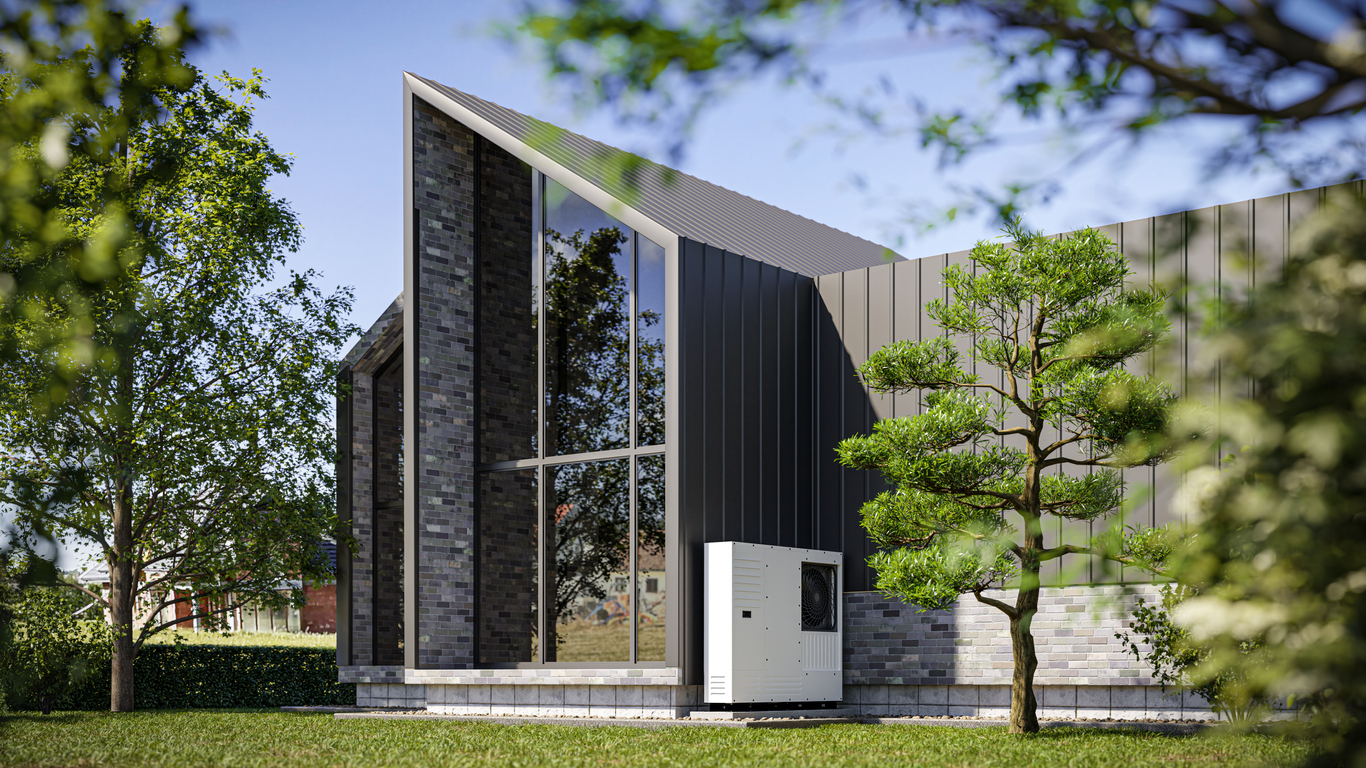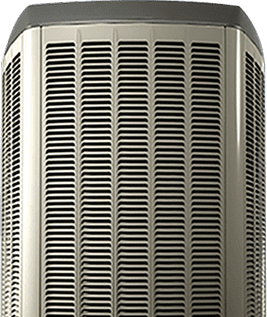Are Heat Pumps Energy Efficient

Are Heat Pumps Energy Efficient
As energy costs continue to rise and concerns over environmental impact grow, more and more homeowners are looking for ways to reduce their energy consumption and carbon footprint. One popular solution to this problem is the heat pump, a device that uses energy to move heat rather than generate it. But just how energy efficient are heat pumps, and what factors affect their efficiency?
If these are some of the questions you have as a homeowner in Winnipeg and surrounding neighbourhoods, don’t worry; you aren’t alone! Installing a new HVAC system in your home can be a daunting experience for many homeowners, especially if they have never had one installed before!
Luckily, the professional and certified HVAC team at Furnasman Heating and Air Conditioning is here to help you better understand whether a heat pump may be right for you. Therefore, if you want to learn more about heat pumps and their energy efficiency ratings, keep reading!
How are heat pumps energy efficient?
Heat pumps are regarded as energy-efficient due to the fact that they cannot produce heat through combustion but instead move heat from one location to a different one. Moving heat uses far less energy than generating heat, leading to lower energy consumption and utility costs. Even when the outside temperature is below freezing, there is still heat energy in the air that a heat pump can gather and move inside to warm up the interior living space.
However, as temperatures reach below -15 degrees Celsius, the amount of heat that is available will be minimal at best. Because of this, a heat pump will need to work harder to try and extract the heat to keep up with a home’s heating demands. Therefore, in extremely frigid temperatures, it may be worth it to have a secondary heating source installed, like a furnace or boiler.
Furthermore, some heat pumps employ variable-speed motors and sophisticated controls to tailor the system’s output to a home’s heating and cooling needs. This reduces the amount of energy wasted when conventional appliances that tend to cycle on and off repeatedly to keep a set temperature.
When we refer to energy-efficient heat pumps, does that mean that they are environmentally friendly?
While energy-efficient heat pumps are undoubtedly more sustainable than many standard heating and cooling systems, the phrases “energy-efficient” and “environmentally friendly” aren’t always synonymous.
An energy-efficient heat pump has been engineered to use less power than conventional heating and cooling systems, lowering the environmental impact and aiding in the conservation of ecosystems. This is due to the heat pump’s ability to move heat rather than generate it, which is a method that is more effective, as we mentioned earlier. The environmental impact of a heat pump, on the other hand, is determined by a number of factors, including the type of refrigeration fluid used, how it is produced, and how the electrical power used to operate the system is generated.
Some heat pumps use coolants that are environmentally hazardous if they leak into the surrounding environment. Newer heat pump models, on the other hand, use less harmful refrigerants that have no impact on the ozone layer and do not worsen global warming.
In addition, the energy that powers a heat pump may originate from an array of sources, including fossil fuels and sources of clean energy like solar, wind, or hydroelectricity. So, a heat pump might not be environmentally conscious in areas where the electricity is primarily derived from fossil fuels as it is in areas where the electricity is derived primarily from alternative energy sources.
Do heat pumps use less electricity than an AC?
Heat pumps can use less power than air conditioners, especially in mild climates where cooling and heating are required all year. This is because a heat pump is capable of offering cooling as well as heating, whereas an air conditioner can only provide cooling.
When in cooling mode, a heat pump works similarly to an air conditioner, transferring heat from inside your home to the outside air. When the temperature drops and heating is required, the heat pump is able to reverse the way it works and transfer heat from the outside air into your home to warm the air.
However, in hotter climates where cooling is required more often than heating, a central air conditioner may be more energy-efficient than a heat pump. Therefore, when deciding between a heat pump and an air conditioner, consider the climate, energy costs, and your specific heating and cooling requirements before having either unit installed in your home.
How noisy is a heat pump?
A heat pump’s noise level can vary depending on the model and installation. However, in general, heat pumps are significantly less quiet than traditional heating and cooling systems. To ensure that your heat pump does not generate loud noises, it’s essential that you stay up to date on your yearly maintenance appointments and fix any problems swiftly. This will help keep your heat pump operating efficiently and quietly.
What are the disadvantages of a heat pump?
Although heat pumps offer several advantages, it is also essential that homeowners recognize the drawbacks that this type of HVAC system has before deciding whether or not to have one installed. As such, here is a closer look at some of the disadvantages of a heat pump that we think you should be aware of:
· Higher installation costs than traditional HVAC systems
· Lower heating capacity during below -15 degree weather
· Lower cooling capacity during above 36-degree weather
· The possible requirement for a backup heating or cooling source if you live in an area with extreme temperatures throughout the year
Are you still unsure whether a heat pump would be beneficial for you and your family? If so, the team at Furnasman Heating and Air Conditioning is here to help you at any time! Call and schedule an appointment with our team today! We can’t wait to work with you!
